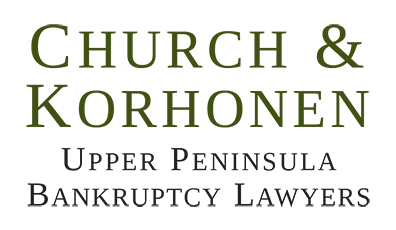As a bankruptcy attorney, I frequently counsel people who have good wages but still cannot make the minimum payments on their credit cards and pay their living expenses.
Often, people have to choose between paying their mortgage or paying the minimum payments on their credit cards. By the time we speak, they feel as if they are running in quicksand; feeling like they are doing everything they can but still falling deeper and deeper into debt. After learning about their bankruptcy options, they often feel hopeful, realizing it is possible to consolidate their debts while keeping their home and other assets.
If an individual or couple makes a good living but can’t cover their reasonable living expenses and pay off their debt, filing a Chapter 13 bankruptcy petition may be their path to a fresh financial reality.
In a Chapter 13, the debtor is allowed to first pay all their necessary and reasonable living expenses, out of their take home pay. (Reasonable living expenses include mortgage or rent payments, car payments, food, clothing, prescription costs, utilities, cell phone, some recreational and charitable expenses, etc.)
Once these reasonable expenses are paid, any remaining money is called disposable income. It is this disposable income that goes towards paying down the person’s debt over a 3 to 5 year payment plan.
As soon as a Chapter 13 bankruptcy is filed, creditors cannot contact, sue or enforce a judgment against the debtor. Nor can they add additional interest, penalties or fines to the debt. In essence, the Chapter 13 caps the debt and allows the debtor a reasonable amount of time to pay down the debt while still being able to maintain a reasonable lifestyle. Chapter 13 is a true and effective debt consolidation plan.

